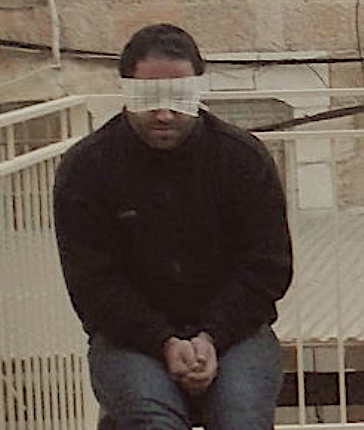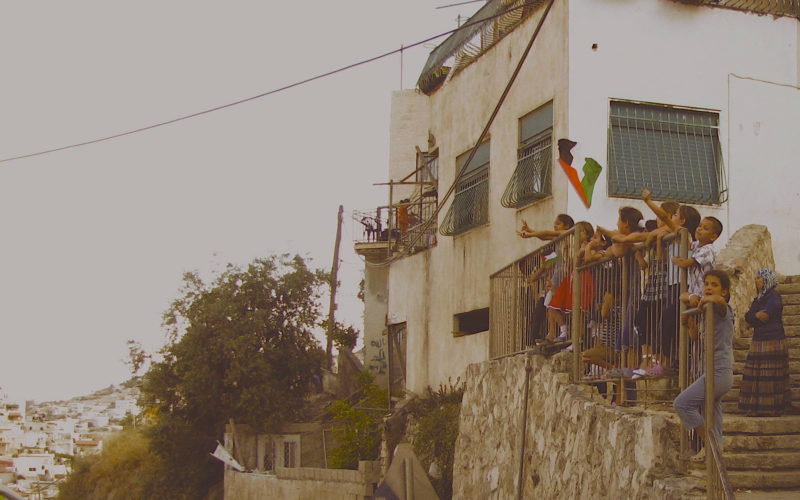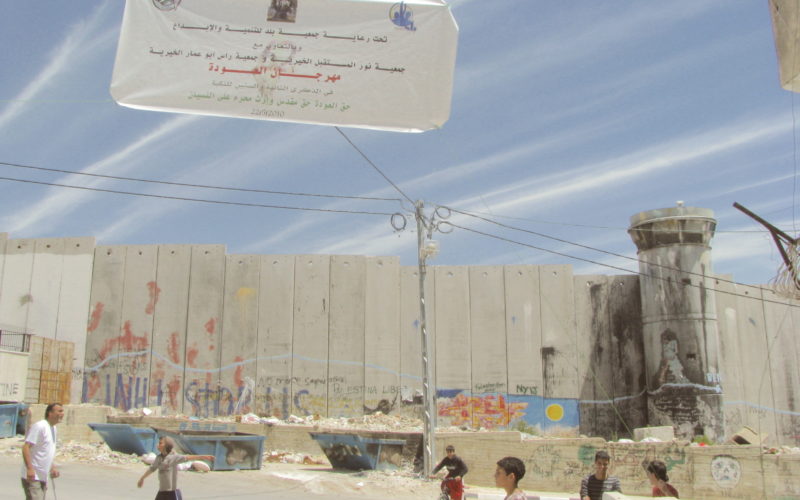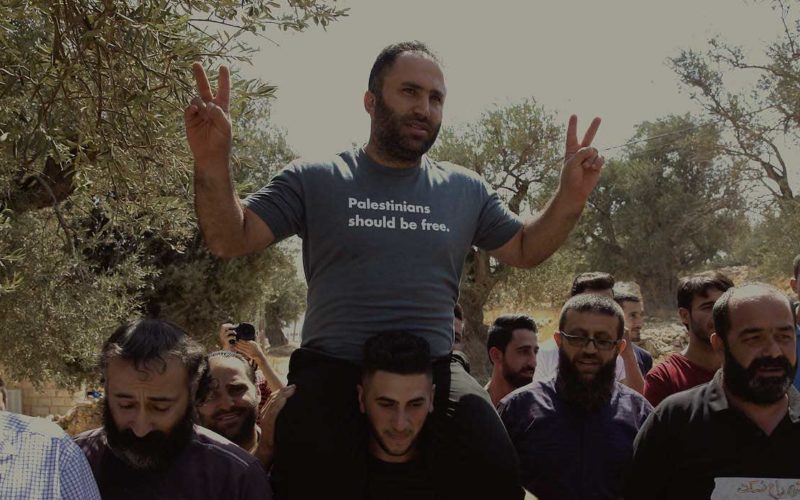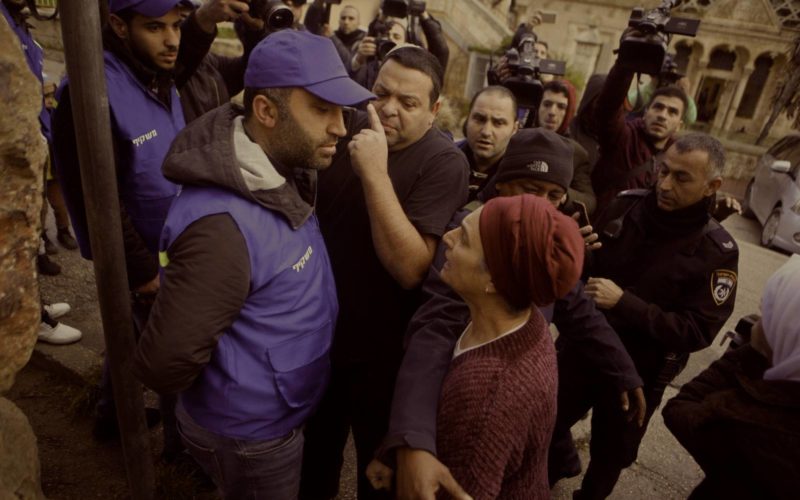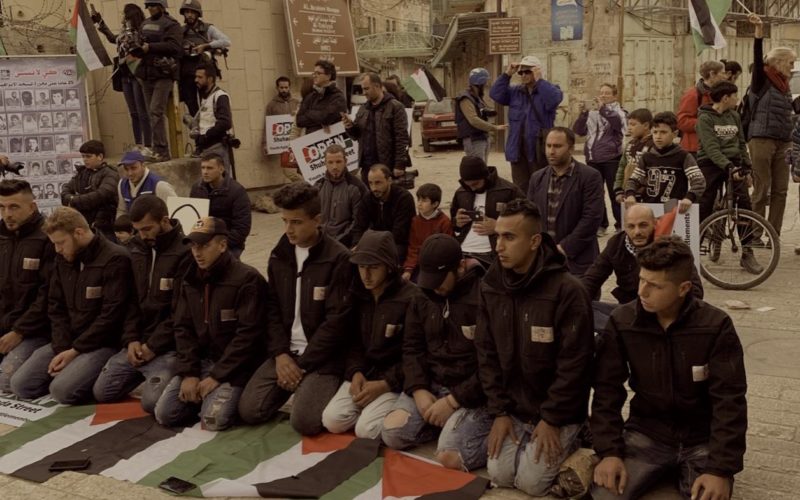In this episode, we explore Issa Amro’s development as a non-violent activist, from his childhood spent living under intense military occupation in the West Bank city of Hebron; to his first actions as a university student during the second intifada; to the intense targeting he faces today on account of his activism.
Over the past 15 years, Issa has worked to establish a culture of non-violence in Hebron and beyond — training his fellow Palestinians to document human rights violations, to reclaim Palestinian space for community use, and to demonstrate non-violently in the face of overwhelming violence and oppression.
Beginning in 2010, Issa has been identified as a “targeted activist” — targeted with arrests, detentions, beatings, and intimidation. This targeting continues today in the form of two ongoing trials — one before an Israeli military court, and the other before a Palestinian Authority court. In this episode, Issa speaks on the impacts of this targeting on himself, on his fellow activists, and on the movement for justice in Palestine.

